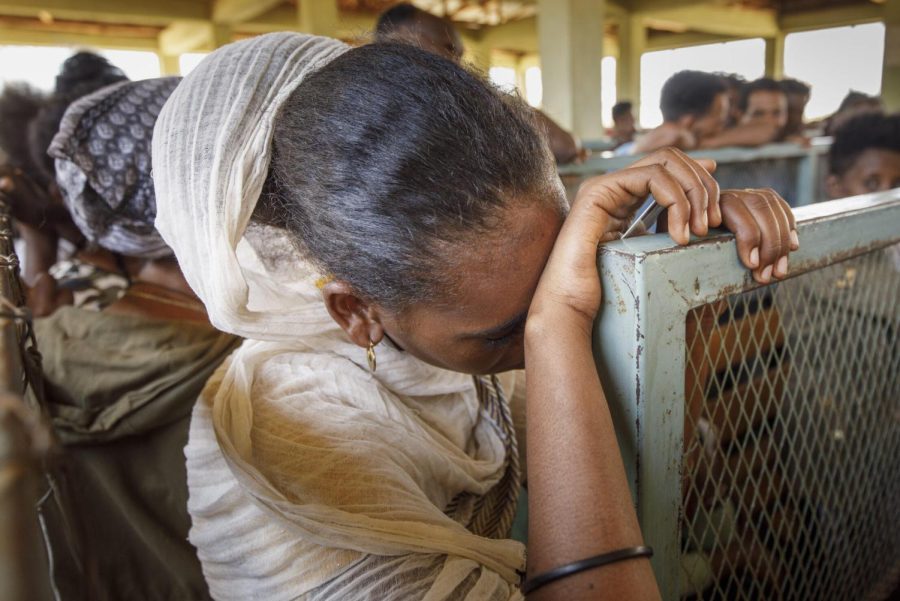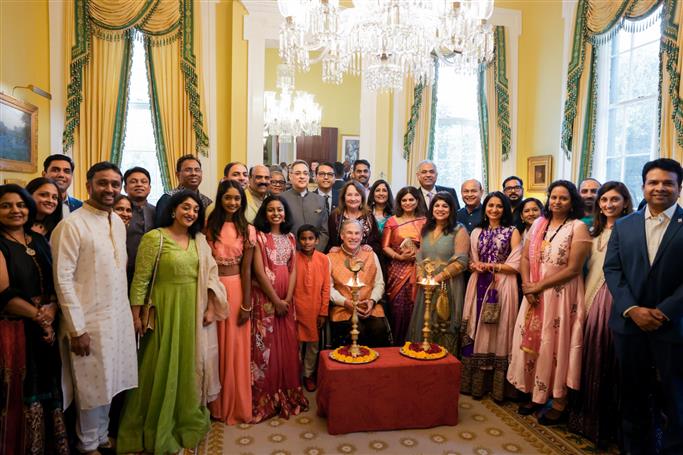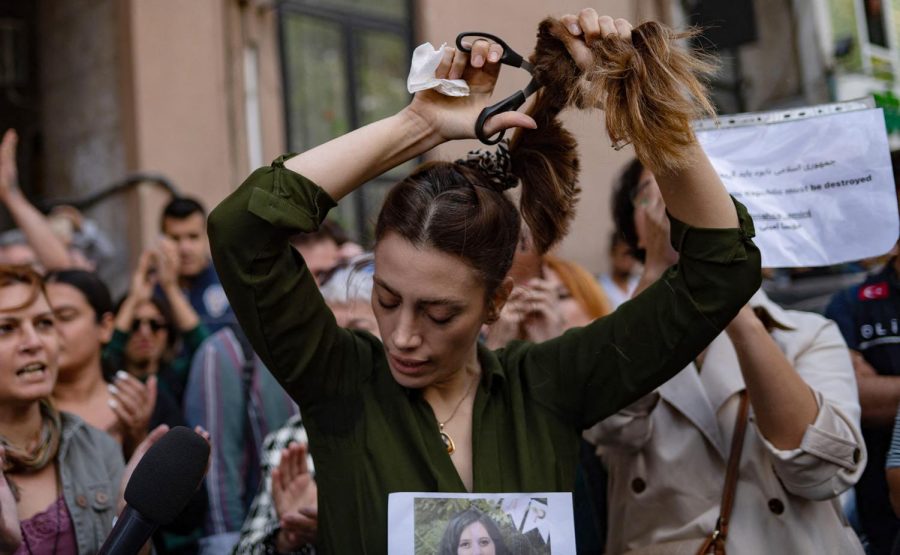When Napoleon Bonaparte, the ruler of the French Empire from 1804 to 1815, died on May 5, 1821, he left behind a great legacy—one which was significantly tolerant of all religions. Because of that grand legacy, since the Napoleonic Era, there have been no major disputes in France concerning religious conviction—until now.
Earlier this summer, the current president of France, Nicolas Sarkozy, declared a ban on the burqa, the veil that Muslim women wear which covers everything but their eyes. The Times Online says that Sarkozy claims that he made such a decree because he does not want women in France to become prisoners because of faith-based standards. “The burqa is not a religious sign. It is a sign of subservience, a sign of debasement,” the president said to the National Assembly, France’s lawmaking body.
Mr. Sarkozy first outlawed the scarf from being worn on school grounds back in 2004, along with the traditional Jewish hat and large Christian crosses. However, he went a step further when he completely prohibited the scarf on French territory.
According to BBC News, French Urban Affairs Minister, Fadela Amara, a Muslim of Algerian descent, was first to spark the idea of the prohibition of the veil. “It is not a religious insignia, but the insignia of a totalitarian political project that advocates inequality between the sexes and which is totally devoid of democracy,” Amara said to BBC.
The Koran, the holy book of Islam, does not directly speak of the burqa; therefore, Muslims interpret the text differently. Whether or not such extreme clothing should be worn to cover one’s body is often very conflicting, especially in many Westernized countries such as France. Although the Koran is not perfectly clear on matters involving the burqa, the book does condemn wearing revealing clothing because of the idea of modesty.
Many AHS students have expressed their feelings of discontent about the situation.
“I think it’s absurd,” Kendra Valencia, a junior at AHS said.
Sophomore Oliver Alwes agreed, saying that the ban “Violates the freedom of religion.”
All over Europe, from Italy to Britain to the Netherlands, anti-Islamic laws are taking effect. However, one major Western nation that seems firm in its beliefs is the United States. In June, President Barack Obama openly opposed the French decision to ban the burqa saying that the “United States did not believe that the government should dictate people’s dress.”







Austin Jones • Oct 30, 2009 at 2:15 pm
I totaly agree with the US’ stance on their decision to ban the Burqa. People should have the freedom to dress in the way they want to. I aslo disagree with the fact that they dont allow any religious attaire at school. If they chose to wear a Burqa, I say power to them. It’s a part of their culture. If Islamic states passed a law saying that women can wear whatever they want, I would assume that they would continue to wear the scarfs and dress modestly. Of course there are going to be women who dress more freely if that happens, but the point of this is that they live in a free country and should be allowed to practice their freedoms.
Bob • Jan 22, 2010 at 11:29 am
I agree wholly.
Waliha • Oct 2, 2009 at 11:49 pm
good stuff.